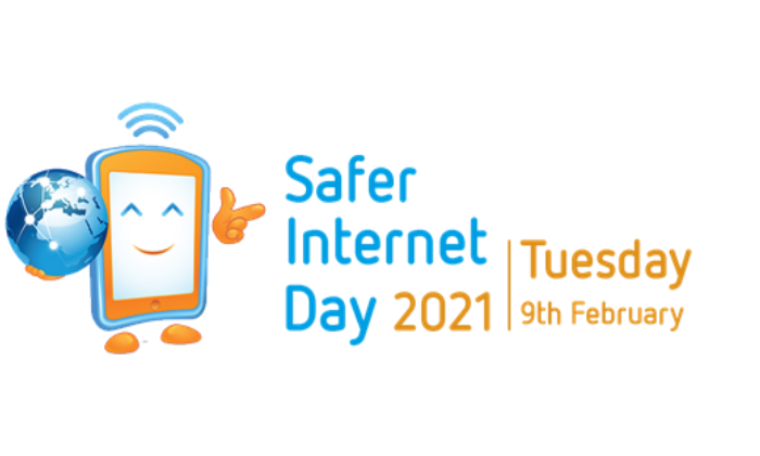
We’re supporting Safer Internet Day (SID), an annual event that aims to raise awareness about making the internet a safer and better place, especially for children and young people.
Coordinated by the UK Safer Internet Centre, this year celebrates the range of information and opportunities online, and its potential to inform, connect and inspire us, whilst also looking at how young people can separate fact from fiction.
What role can the ASA play?
We help ensure online advertising is responsible – that it doesn’t mislead, is not harmful or offensive and that sufficient protections are in place to protect vulnerable audiences. Our rules apply equally to company websites, social media and other online platforms as they do to traditional media.
We know the online environment is a complex and at times bewildering ecosystem and one that prompts various concerns, particularly when it comes to the safety of children and young people. That’s why since launching our five year strategy, More Impact Online, we have been harnessing innovative technology to help us proactively monitor online advertising and undertake compliance sweeps to ensure ads are responsible.
For age-restricted products such as gambling, alcohol and foods high in fat, salt or sugar, we have targeting restrictions to help reduce exposure of children to inappropriate ads and, where they do see them, strict content rules that ensure ads are not likely to be of particular appeal.
As part of our regulation of these products, we use child ‘avatars’ – online profiles which simulate the online profiles of children, so that we can identify and take action against inappropriately targeted ads.
What recent work have we done?
Throughout the last year, we’ve adapted our regulatory approach to act quickly and take robust action against ads, especially online, that exploit people’s health-related anxieties during the pandemic.
We’re acutely aware that there’s a lot misinformation about Covid-19. Much of this is online, which is why we set up a quick report form for consumers to help us take effective action against problem Covid-related ads. Alongside this, we’ve offered hints and tips to help people spot Covid-19 scams online.
As scams in general are prevalent online, we launched a Scam Ad Alert System in partnership with major digital advertising and social media platforms, including Facebook and Google, to help tackle bogus ads.
On social media, we’ve done a lot of work to clamp down on influencers who are not up front and clear about when their posts are ads. But we’ve also worked closely with influencers, by offering advice and running webinars so that they understand how and when the ad rules apply to them.
Our other resources for consumers and businesses include CAP Bitesize, a series of videos to help companies get their ads right, by setting out the principles behind the advertising rules in an easily digestible format.
Although our regulation is already focussed on keeping online ads responsible, there’s more work to do and we’ll continue playing our part to help make the internet a safer place by identifying and responding to emerging advertising issues and taking action where necessary.
We all need to do our bit to make the internet a better and safer place.
For more information on Safer Internet Day, visit the UK Safer Internet Centre’s website.
- Following @UK_SIC on Twitter
- Joining the national conversation using #SaferInternetDay and the UK conversation using #AnInternetWeTrust
- Liking @saferinternetuk on Facebook
- Following @UK_SIC on Instagram
- Downloading the education packs and watching the Safer Internet Day films
More on
-
Keep up to date
Sign up to our rulings, newsletters and emargoed access for Press. Subscribe now.


